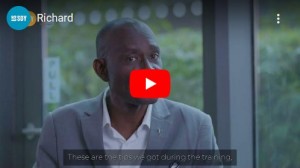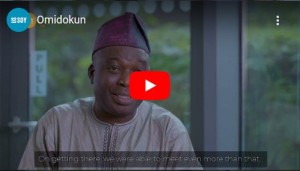By USSEC
Share
By USSEC
Share
Soy Excellence Centers (SEC) deliver workforce training and capacity building needs across the soy value chain to enhance industry capability and capacity across Americas, South Asia, Southeast Asia, Sub-Saharan Africa and the Middle East & Northern Africa. Working with global experts as our course facilitators in four fields: poultry, feed milling, swine and aquaculture, we feed the minds of those who will feed the world, the next generation of leaders – Our Tomorrow Solvers.
Here, some of our program participants provide you a window into their experiences at the SEC training programs:
Are you ready to be a Tomorrow Solver or know someone who will? Write to us at info@soyexcellence.org and we will have someone from our team reach out to you.
262 Comments
Leave A Comment
You must be logged in to post a comment.








Los testimonios de los participantes reflejan el verdadero valor de los Soy Excellence Centers: más que formación técnica, es una experiencia transformadora que impulsa carreras, conecta culturas y fortalece la seguridad alimentaria global.
USSEC has been an encouragement. Good work. Nigeria is going higher